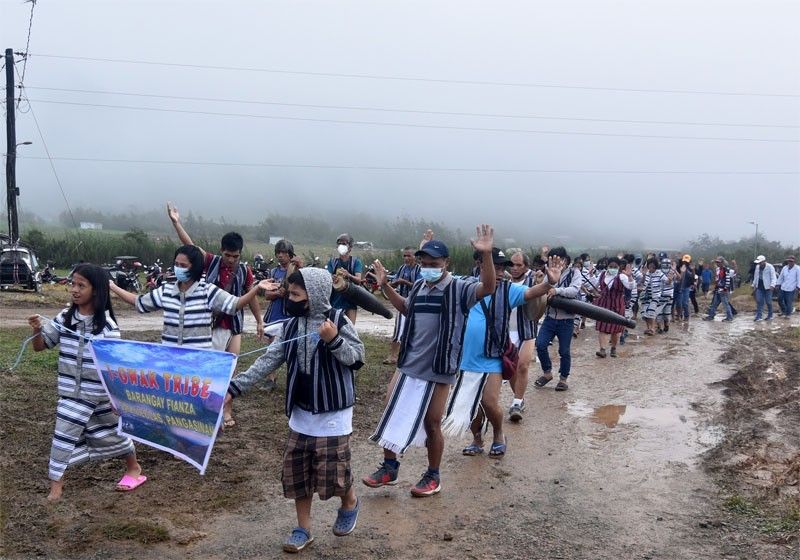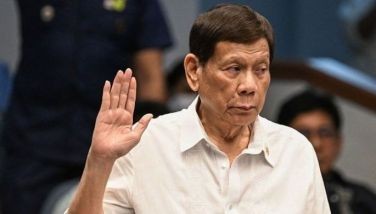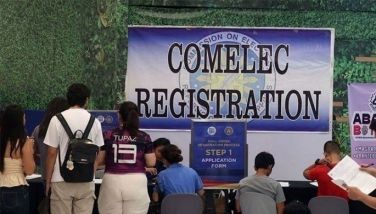Angara seeks action on plight of IPs

MANILA, Philippines — While a number of programs and policies have been made to uplift the lives of indigenous peoples, IPs remain among the poorest and most disadvantaged social groups in the country, and the government should do something about it, according to Sen. Sonny Angara.
Angara emphasized that little headway has been made to improve the lives of IPs for more than 25 years since the enactment of Republic Act 8731 or the Indigenous Peoples’ Rights Act (IPRA).
“The government has to do more to uplift the lives of the IPs. We have over a hundred IP groups in the Philippines, comprising anywhere between 14 million and 17 million indigenous cultural communities (ICCs),” he said.
“Much has been said to protect the rights and ensure the welfare of our IPs, but the reality is that they continue to be among the most disadvantaged groups,” he added.
While IPs comprise only six percent of the global population, they account for nearly 20 percent of the world’s extreme poor, according to the World Bank.
“What exacerbates the situation of our IPs is the absence of reliable public data on ICCs and, more often than not, this leads to situations where they are neglected in the delivery of basic, social, technical and even legal services,” Angara said.
The senator has filed Senate Bill 1167, or the proposed Resource Centers for Indigenous Peoples Act of 2022, which seeks to establish ICCs/IPs resource centers in strategic places, as determined by the National Commission on Indigenous Peoples (NCIP), taking into consideration their ethnological locations to help remedy the situation.
He explained that these centers would be composed of three major service areas, including the Statistical Service Area, Human Development Index Service Area and Domains Management Service Area.
The Statistical Service Area will be responsible for the documentation and recognition of ICCs and IPs, their indigenous knowledge, systems and practices, political structures and customary laws through census, appraisal and baseline reports and libraries.
The Human Development Index Service Area will address the problems of ICCs and IPs and provide basic and necessary services through link-ups with concerned government departments and agencies, such as training programs, grants of scholarships, employment, livelihood and enterprises and health services.
The Domains Management Service Area will be tasked to promote participatory programs, projects and activities for ICCs and IPs to effectively deliver their responsibility of maintaining ecological balance, restoring denuded areas, observing laws and ensuring the implementation of the Ancestral Domains Sustainable Development and Protections Plans and other existing programs.
“Our IPs are really in a pitiful situation. Although much has been done to strengthen the culture, tradition and rights of indigenous peoples, it seems that their lives have not yet improved and they are often neglected in the provision of assistance and services by the government,” Angara said.
- Latest
- Trending






























